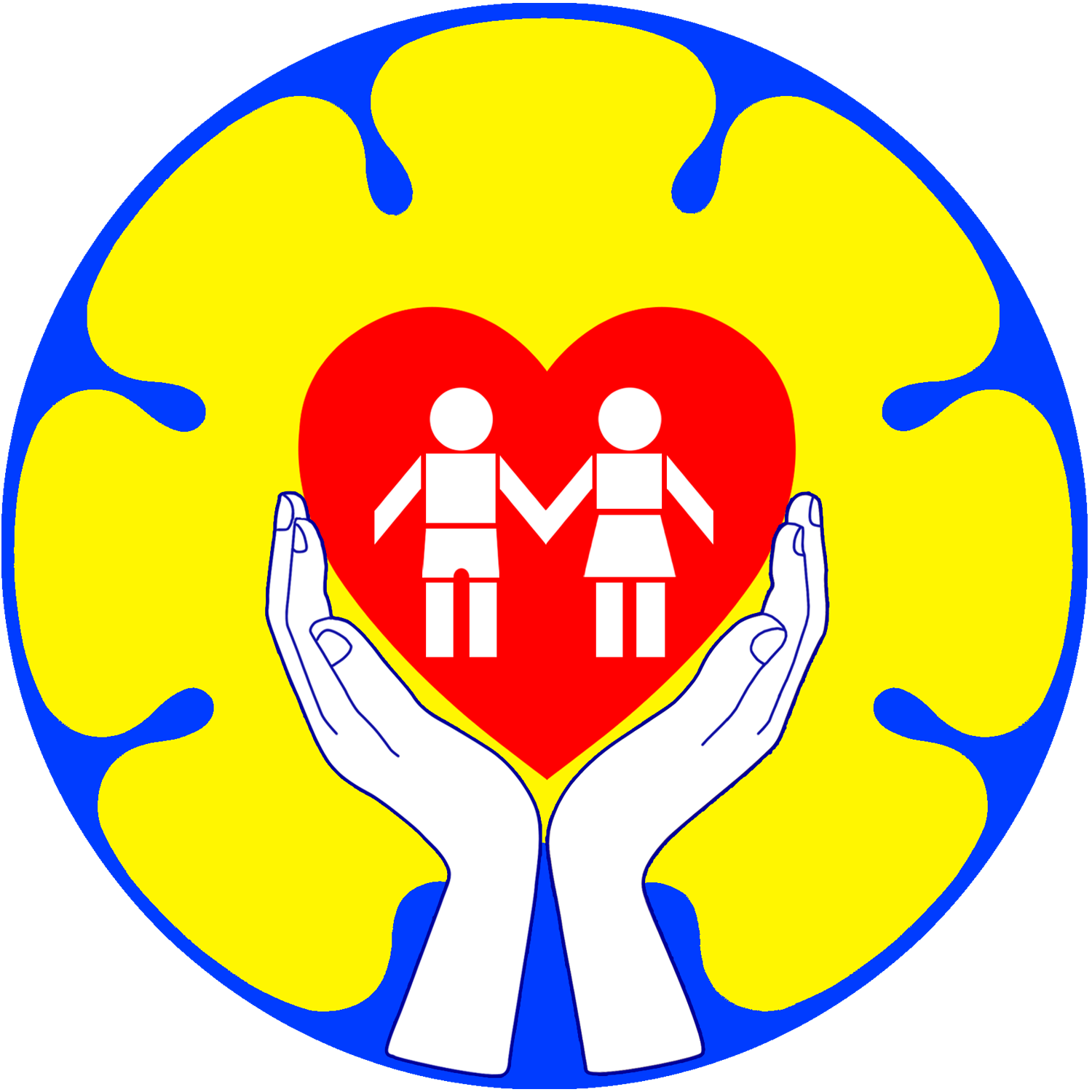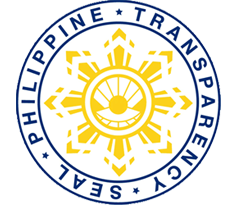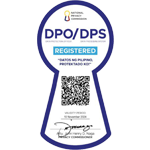- Home
- About PCMC
- Transparency
- Patient Guide
- Research & Trainings
- Research
- Trainings
- OUR SERVICES
- Our Services
- Admitting
- Adolescent Medicine
- Cancer & Hematology Center
- Cardiology
- Child Neuroscience (Brain)
- Covid Lab/RT-PCR Test
- Critical Care
- CT Scan
- Dental
- General Pediatrics
- Gastroenterology
- Hemodialysis
- MRI
- Neonatology
- Nephrology
- Nursing
- Pathology
- Perinatology Center
- Pharmacy
- Private Clinics
- Pulmonology
- Rehabilitation
- Surgery
- Telemedicine
- Radiology
- Bids & Awards
- Careers
- Contact Us
- Home
- About PCMC
- Transparency
- Patient Guide
- Research & Trainings
- Research
- Trainings
- OUR SERVICES
- Our Services
- Admitting
- Adolescent Medicine
- Cancer & Hematology Center
- Cardiology
- Child Neuroscience (Brain)
- Covid Lab/RT-PCR Test
- Critical Care
- CT Scan
- Dental
- General Pediatrics
- Gastroenterology
- Hemodialysis
- MRI
- Neonatology
- Nephrology
- Nursing
- Pathology
- Perinatology Center
- Pharmacy
- Private Clinics
- Pulmonology
- Rehabilitation
- Surgery
- Telemedicine
- Radiology
- Bids & Awards
- Careers
- Contact Us
Philippine Standard Time:
About the Adolescent Medicine Division
Adolescence is the phase of life between childhood and adulthood, from ages 10 to 19. It is a unique stage of human development and an important time for laying the foundations of good health according to the WHO.
The Adolescent Medicine Division of the Philippine Children’s Medical Center caters to this special group through a comprehensive, holistic and patient-centered approach to adolescent health care.
The Adolescent Medicine Division of the Philippine Children’s Medical Center caters to this special group through a comprehensive, holistic and patient-centered approach to adolescent health care.
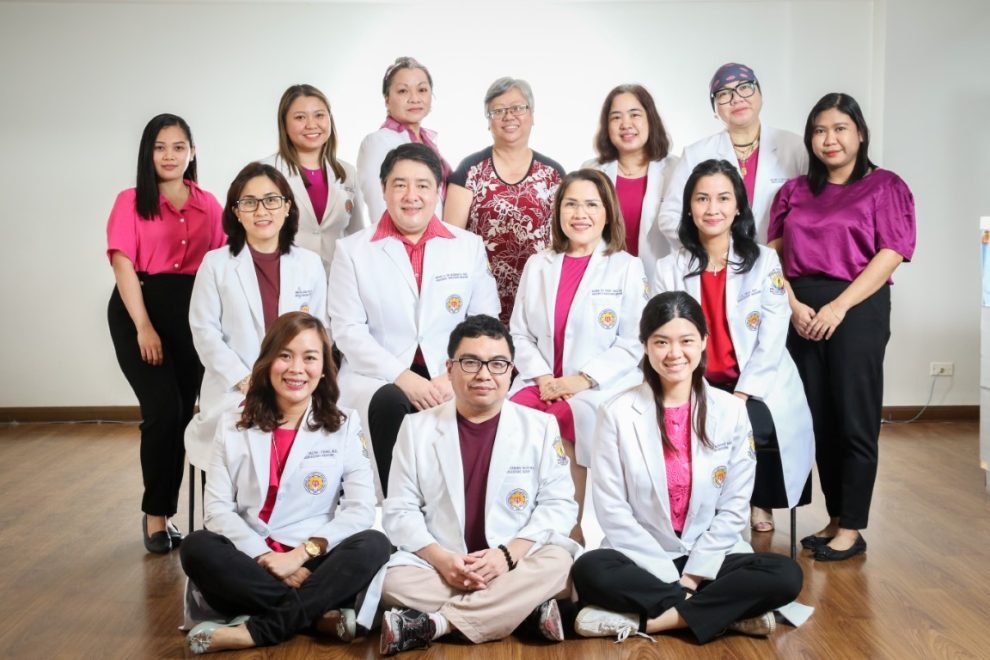
As an adolescent friendly health care facility, strengthening the commitment to privacy and confidentiality within our services is important in providing care to the adolescents. The psychosocial risk assessment or the HEEADSSS interview gives the adolescent the chance to talk to the health care provider alone. The psychosocial interview is a strengths-based approach in identifying risks and protective factors, this includes building on the adolescent’s strengths and screening for risk-taking behaviors. Preventive health management and counseling on high-risk behaviors, injury prevention and mental health through counseling is part of adolescent care that the division provides. Anticipatory care including promotion of a healthy lifestyle through a balanced diet, regular exercise and sleep hygiene; catch-up immunization, enhancing adolescent well-being and promotion of a positive mental health are part of the adolescent visit.
The Adolescent Medicine Division is actively promoting health care among adolescents through its programs, working with other departments within this institution as well as with other health and non-health institutions. Finally, the division provides medical and psychosocial care to adolescent patients.
The Adolescent Medicine Division is actively promoting health care among adolescents through its programs, working with other departments within this institution as well as with other health and non-health institutions. Finally, the division provides medical and psychosocial care to adolescent patients.
Programs and Services
We help create a care plan that addresses your specific condition and we are here to answer all of your questions & acknowledge your concerns. Today the hospital is recognised as a world renowned institution, not only providing outstanding care and treatment, but improving the outcomes.
Transition from pediatric to adult-centered healthcare systems is defined as “a purposeful, planned process that addresses the medical, psychosocial, and educational/vocational need of adolescents and young adults as they move from child-centered to adult-oriented healthcare system.” This involves the participation of the adolescents with chronic illnesses who are the main focus of this program. The Philippine Children’s Medical Center has chosen to embark on a hospital-wide project to have a Transition Program involving all the subspecialty services in a concerted effort to provide a smooth transitioning of the adolescent patients. Under the Adolescent Medicine Division in coordination with other centers, creation of modules centered on adolescent development and psychosocial issues and counseling services are offered which all involve our patients- the adolescents with chronic illness.
The Teen Republic Occupation Promotion (TROPA) Center is a proposed project of Adolescent Medicine Division in the next 5 years. This is a room/site/building where adolescents from the transition clinic may learn life skills to support them during adulthood. This will be the practical arm of the transition clinic. As far as encourage patient participation, this program will offer opportunities for adolescents who are chronically ill, pregnant teens, teen parents or out-of-school to gain life skills and choose a career for financial sustenance in adulthood. Aside from this, the program will involve the adolescents’ participation as volunteer adolescents will be given the chance to be involved in peer-to-peer counseling.
Adolescents with special health care needs may experience difficulties in transitioning from pediatric-centered to adult-centered health care. These difficulties may in part be due to lack of physician training in transition care. Through the ARTP, adult medicine physicians will undergo a 4-week blended learning on how to handle adolescents with chronic illness. The program also aims to develop administrative skills appropriate in establishing and managing a Transition Program. The participants are Internal Medicine residents and subspecialty Fellows
This is an annual workshop which started in 2015 which caters to health care providers and those who closely work with adolescents. The aim is to provide health care practitioners, teachers, parents, counselors with knowledge on current issues affecting the adolescents. Topics such as social media, mental health, online school during the pandemic, adolescent sexuality and relationships, parenting the adolescents were just a few topics for the past years. The lectures were always followed by a workshop with cases for discussion.
The Philippine Children’s Medical Center in Quezon City is a tertiary, multi-specialty hospital that caters to children, adolescents and high-risk pregnancies. Teenage pregnancy is considered high- risk because early pregnancies among adolescents have major health consequences for both the adolescent mother and their babies, as well as social and economic consequences.
Pregnant teens and teen parents have needs that are unique to the developmental stages of adolescence, in addition to the needs common to all pregnant women, mothers and fathers. While we continue to place much needed attention to addressing teenage pregnancy and teen birth rates with focus on prevention, the Adolescent Medicine Division would also place emphasis on providing services for teens who are already pregnant and/or have become parents. Thus, the program is called, “Teen Pregnancy Prevention and Teen Parent Program“.
The program will address the needs of pregnant teens and teen parents in order to improve their health and life outcomes and those of their children. Teen parents face challenges on their way to becoming successful adults and parents. This may be because of interruptions in their education which may lead to inability to achieve higher education. And this can limit a teen parent’s career options and increases their risk of living in poverty. It is also important to understand the social and demographic context of pregnant teens and teen parents to provide comprehensive support for this special group.
Pregnant teens and teen parents have needs that are unique to the developmental stages of adolescence, in addition to the needs common to all pregnant women, mothers and fathers. While we continue to place much needed attention to addressing teenage pregnancy and teen birth rates with focus on prevention, the Adolescent Medicine Division would also place emphasis on providing services for teens who are already pregnant and/or have become parents. Thus, the program is called, “Teen Pregnancy Prevention and Teen Parent Program“.
The program will address the needs of pregnant teens and teen parents in order to improve their health and life outcomes and those of their children. Teen parents face challenges on their way to becoming successful adults and parents. This may be because of interruptions in their education which may lead to inability to achieve higher education. And this can limit a teen parent’s career options and increases their risk of living in poverty. It is also important to understand the social and demographic context of pregnant teens and teen parents to provide comprehensive support for this special group.
Mental and behavioral health concerns among adolescents have been on the rise much so as an effect of the COVID pandemic. The Adolescent Medicine Division recognizes the need of adolescents to have access to mental health screening, diagnostics and treatment options. As mental health issues necessitate a systemic, sustained and coordinated approach, the Psychology service of the division as well as close collaboration with the Section of Child and Adolescent Psychiatry ensure that comprehensive care is given to adolescents and their families.
A school-based mental health support is an important program that the division will be embarking on. This represents an important mechanism to ensure that adolescents receive health and mental support they need. This includes but is not limited to prevention, intervention, and treatment service as well as efforts to strengthen the school’s ability to work with students with mental health concerns.
A school-based mental health support is an important program that the division will be embarking on. This represents an important mechanism to ensure that adolescents receive health and mental support they need. This includes but is not limited to prevention, intervention, and treatment service as well as efforts to strengthen the school’s ability to work with students with mental health concerns.
In order to improve adolescent health, screening for sexually transmitted illness (STI) and HIV is recommended as pediatricians are the first line in providing optimal sexuality and reproductive health care. All adolescents are interviewed in a non-judgmental and confidential approach about issues and concerns about their sexual health. Sexual health screening also includes STI and HIV screening, adhering to the guidelines. Clinical care is also provided to those who need it. Most importantly, as only a third of Filipino youth aged 15-24 years have an awareness of STIs, according to the Young Adult Fertility and Sexuality Study or YAFS5, health education and awareness on STIs and HIV is provided to the adolescents.
The Adolescent Medicine Division promotes adolescent wellness through well- adolescent check-up including anticipatory care and guidance. The well-adolescent visit involves a complete history and physical examination with focus on the HEEADSSSS interview, immunization catch-up, promotion of a healthy lifestyle, digital world safety, dental check-up, identification and mitigation of high-risk behavior among others. Ensuring that every adolescent has the knowledge, skills, and opportunities for a healthy, productive life is essential for achieving improved health in a holistic manner.
The OPLAN BTS is one avenue to promote adolescent wellness. The division has started this back-to-school wellness program last July 2022 and has so far catered to adolescents living around the Philippine Children’s Medical Center. This year, a collaboration with different schools nearby will encourage and promote adolescent wellness visits among schoolchildren.
The OPLAN BTS is one avenue to promote adolescent wellness. The division has started this back-to-school wellness program last July 2022 and has so far catered to adolescents living around the Philippine Children’s Medical Center. This year, a collaboration with different schools nearby will encourage and promote adolescent wellness visits among schoolchildren.
The Outpatient clinic of the Adolescent Medicine is currently located in the previous GPSD Conference Room and serves adolescents 10 years old to 18 +364 years old with the following hours of operation:
Monday, Wednesday and Thursday 8am-5pm
Tuesday and Friday 8am -12 noon
All adolescent patients seeking consult after the specified hours are re-scheduled to come on the regular OPD office hours for non-emergency cases or are seen in the Emergency Room for emergency cases. The Division has been operating using Telemedicine and face-to-face OPD consultations. Appointments are made online via the PCMC Adolescent Medicine Division Facebook page. Walk-in patients are also accepted through the OPD Triage. Telemedicine appointments can also be coursed through the Facebook page.
Monday, Wednesday and Thursday 8am-5pm
Tuesday and Friday 8am -12 noon
All adolescent patients seeking consult after the specified hours are re-scheduled to come on the regular OPD office hours for non-emergency cases or are seen in the Emergency Room for emergency cases. The Division has been operating using Telemedicine and face-to-face OPD consultations. Appointments are made online via the PCMC Adolescent Medicine Division Facebook page. Walk-in patients are also accepted through the OPD Triage. Telemedicine appointments can also be coursed through the Facebook page.
Training Program
The Adolescent Medicine Division of the Philippine Medical Center has been providing fellowship in the field of Adolescent Medicine for the past 26 years.
It is a 2-year training program geared toward the acquisition of competencies in adolescent health care, harnessing of skills in health guidance advocacy and management of medical illness and psychosocial concerns affecting this age group. It also aims to develop an individual adept in administrative skills appropriate in the comprehensive care of the adolescent and integrate these in the course of adolescent health supervision. The Adolescent Medicine OPD is now fully operational in an in-person or face-to-face format as we follow the minimum health protocol requirements.
The Fellowship Program of PCMC Adolescent Medicine Division has been accredited since March 2016 by the Philippine Pediatric Society, Inc.
It is a 2-year training program geared toward the acquisition of competencies in adolescent health care, harnessing of skills in health guidance advocacy and management of medical illness and psychosocial concerns affecting this age group. It also aims to develop an individual adept in administrative skills appropriate in the comprehensive care of the adolescent and integrate these in the course of adolescent health supervision. The Adolescent Medicine OPD is now fully operational in an in-person or face-to-face format as we follow the minimum health protocol requirements.
The Fellowship Program of PCMC Adolescent Medicine Division has been accredited since March 2016 by the Philippine Pediatric Society, Inc.
Trainers of the Adolescent Medicine Division
Dr. Erlinda Susana S. Cuisia-Cruz, MD, FPPS, FPSAMSDivision Head
Dr. Deborah A. Red, MD, FPPS, DPSAMSTraining Officer
Dr. Liah Ann G. Cruz, MD, FPPS, FPSAMSResearch Officer/OPD Coordinator
Dr. Alicia B. Tamesis, MD, MPH, FPPS, FPSAMSFormer Division Head
Dr. Rosa Maria H. Nancho, MD, FPPS, FPSAMSFormer Division Head
Dr. Moses C. De Guzman III, MD, FPPS, DPSAMSHead, Medical Education and Training Division
Dr. Ester M. Iligan, MD, FPPS, FPSAMSTransition Program Manager
Dr. Darlene R. Pecache, MD, FPPS, DPSAMSAssistant Training Officer
Dr. Michelle Anne N. Mangubat, MD, FPPS, DPSAMS
Dr. Mary Angeli Conti-Lopez, FPPS, DPSAMS
Contact Information
Mobile:0917-8422084
Phone:8588-9900 local 387
Email:[email protected]
Teleconsult Link:https://www.facebook.com/pcmcamd
Facebook Page:https://www.facebook.com/pcmcamd
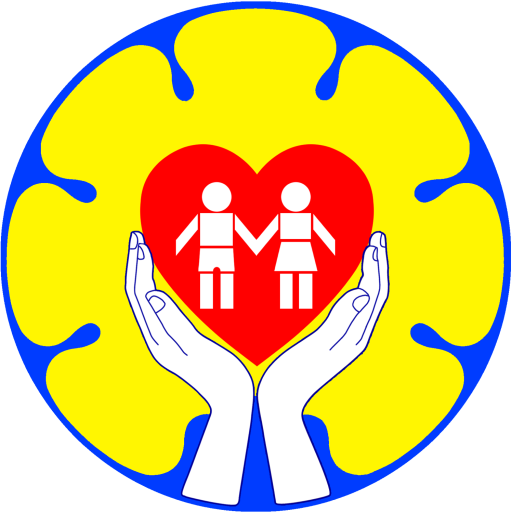
Philippine Children’s Medical Center
The Philippine Children’s Medical Center is one of the government-owned and controlled corporate National Centers for Specialized Health Care under the Department of Health. It is a 200-bed capacity tertiary hospital with a mandate to provide pediatric care, offer training programs for medical and allied health care providers, and be a center in clinical research.
Get In Touch
- (02) 85889900
- (+63) 917-8356458
- [email protected]
Quezon Avenue cor Sen. Miriam Defensor-Santiago Avenue, Bagong Pag-asa, Quezon City
Quick Links

Republic of the Philippines
All content is in the public domain unless otherwise stated.
About Gov
Learn more about the Philippine government, its structure, how government works and the people behind it.
